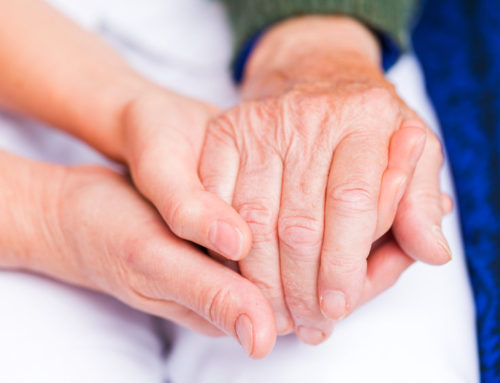Share This Story!
When To Worry About Memory Problems
Memory loss can be attributed to a variety of conditions, including gradual changes in aging. Some causes of memory loss, like Alzheimer’s disease, require a prompt diagnosis to ensure patients receive proper care. Patients should seek an early diagnosis of memory problems to ensure there is no underlying condition.
Is memory loss a part of aging?
Memory loss isn’t always a part of aging. Some older individuals can forget names, phone numbers, or misplace things more frequently with age. Some of these lapses in memory, however, don’t necessarily negatively affect a person’s overall quality of life.
Certain lifestyle habits like smoking and lack of sleep can exacerbate memory loss. A healthy diet and regular exercise have been known to improve memory and concentration. In spite of memory issues, individuals can take active steps to compensate for memory loss.
Dementia and memory loss
Dementia refers to a distinct set of symptoms that include memory problems and other cognitive disabilities. Some instances of memory loss may be attributed to a neurodegenerative disease like dementia. There are many types of dementia that include memory loss as a symptom. Memory loss, however, isn’t always the first symptom to appear.
People with dementia may deal with problems in memory, reasoning, language, and other cognitive skills. Over time, memory loss symptoms can become worse. Individuals may ask the same question over and over, forget words, or get lost in familiar places.
Reversible causes of memory impairment
Memory loss isn’t always attributed to neurodegenerative diseases. Many factors can briefly affect memory. For example, some medications can cause memory loss and confusion. Other causes for memory loss and forgetfulness include:
- Minor head trauma
- Anxiety disorders
- Alcoholism
- Vitamin B12 deficiency
- Hypothyroidism
- Brain tumor or infection
When to seek a diagnosis
The possibility of being diagnosed with a neurodegenerative disease can be frightening. Early diagnosis is crucial to preventing further damage and beginning treatment with a specialist. Even people with minor concerns about memory loss will benefit from a medical consultation. Doctors will employ physical exams, blood tests, and brain-imaging tests to determine the cause of memory loss.
Find peace of mind today
People may be tempted to try to hide any memory issues to prevent embarrassment or diagnosis, but treating the problem early can prevent many problems down the road. Memory loss can be concerning, but early treatment can give patients peace of mind and improved quality of life. People who are experiencing memory loss or who have loved ones who are experiencing memory loss should schedule a consultation with a healthcare provider.





